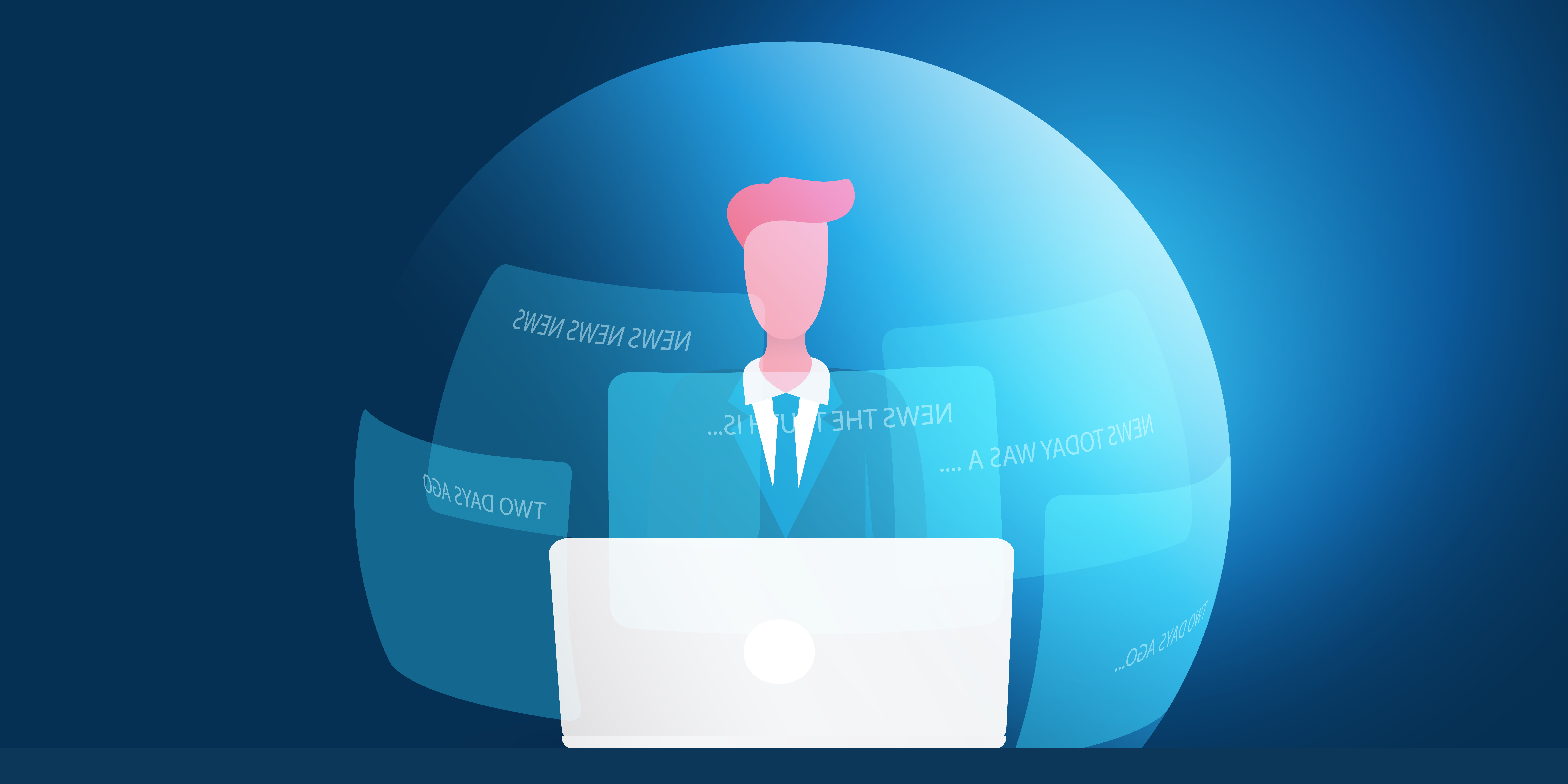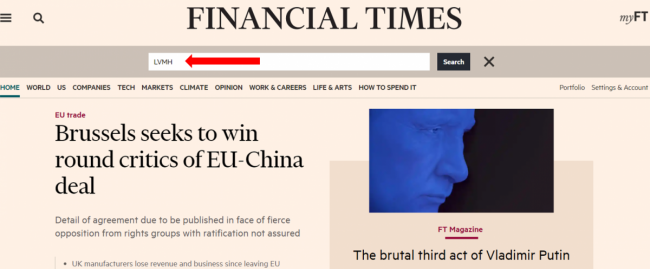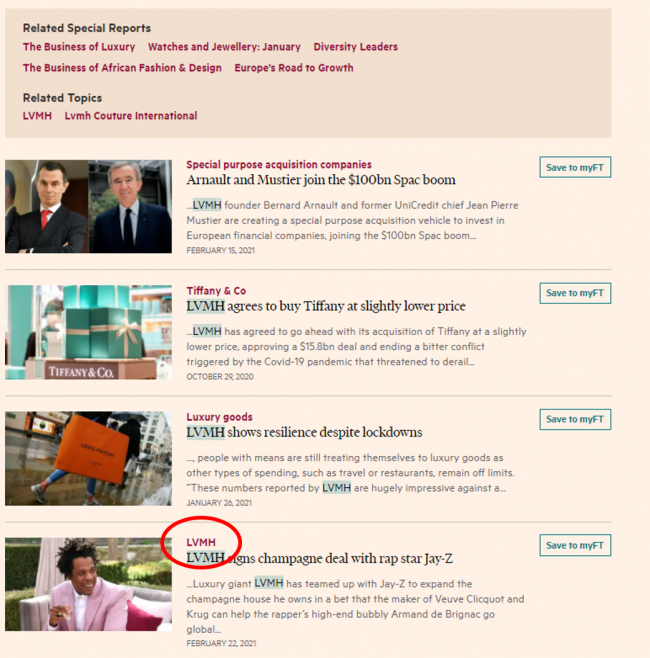How do I... - Saturday 04 March 2023
The search for academic experts

After defining expertise and the key points to consider when looking for an expert in the Highlight on the keys to expertise, we will now focus on academic experts.
Nuancing the notion of expertise
Originally simple holders of “targeted competences [...] whose recognized practice allows them to enlighten judges on controversial cases", experts have become professionalized with the developments of the industrial society to take on an autonomy which seems to place them above other citizens. To such an extent that it is now necessary not only to distinguish the criteria of expertise in order to know how to evaluate it, but also to limit the recourse to expertise in order to preserve the "democratic process". The objectives of this Highlight are...
Read MoreRate this content
How do I... - Friday 20 January 2023
Right of diffusion of the K-lab documents

Can I copy a document to distribute it (documents from K-lab, Moodle or the Internet)? How do I know if I am respecting copyright?
Copyright can be seen as a "necessary evil" to encourage creation, before it can be appropriated by the public (F. Benhmaou, J. Farchy, Droit d’auteur et copyright, La découverte, 2007, p.112). It is also, in the broader context of intellectual property, an important economic issue. For example, copyright is particularly invoked by countries that are globally more exporters of content, but also by a few multinationals that concentrate the ownership of intellectual property rights on cultural content.
In this context, digital technology now makes copying much easier and more widespread, and therefore increases the risks of counterfeiting, in other words, of unauthorized copying. To summarize: "a new balance has...
Read MoreRate this content
How do I... - Friday 06 May 2022
Evaluating information (part 2) : Awareness of Filter Bubbles and Media Economics

(Part 1 : Avoid cognitive biases and measure the reliability and relevance of the information)
The general media accessible to the general public, which you consult both for daily information and to feed your academic work, are almost all based on a liberal conception of information. Indispensable to the exercise of judgment by individuals in democracies and market economies, information must be accurate and verifiable. Its main disqualifying criterion is therefore false news, rumors.
However, we can qualify this as a somewhat idealized conception. Information is indeed not treated in the same way depending on whether it covers subjects that are important or not for the dominant economic and political interests in our societies....
Read MoreRate this content
How do I... - Friday 29 April 2022
Evaluating information (part 1): Avoid cognitive biases and measure the reliability and relevance of the information

During your documentary research and in general to learn about a field, you will constantly be required to evaluate the information. This is a key step in the documentary methodological approach, which can occur at different times during your research, depending on whether you already have the information available or whether it is the result of a whole research process that you have implemented.
In the first case, you start from a corpus that is already known, and need to verify its value: can you reasonably rely on the information you have to carry out your analyses, make your recommendations, present your syntheses, presentations, etc.? The methodological framework for identifying and reducing cognitive biases will then be your first tool for evaluating the information.
Being informed represents an effort, has a cost in terms of time and reflection in particular....
Rate this content
How do I... - Thursday 18 March 2021
How to create an alert with the Financial Times
You are monitoring information on a specific topic? It is possible to receive articles published in the FT directly in your mailbox.
The FT is a leading British business and financial daily. Please note that creating an ft.com account with the ESSEC form is required before creating an alert.
Once logged into your ESSEC ft.com account, it is possible to follow topics in order to receive weekly articles by email. It is also possible to set up your account to receive articles on the topics that interest you the most as soon as they are published.
First of all, you launch a search on the topic of your choice: company, personality, issue...

On the result page, click on the result being relevant for you, it appears in red when you can actually click on it:

Once on the related page, click on the "+ Add to...
Read More



Comment this content 0 comments